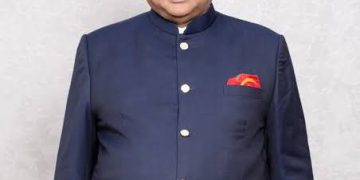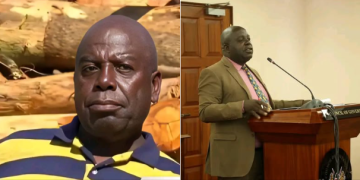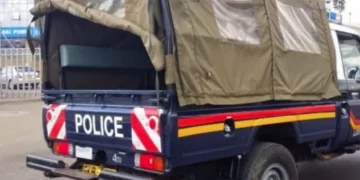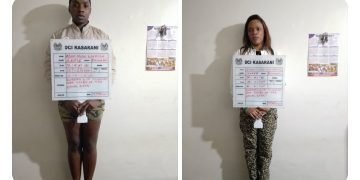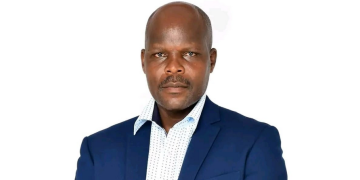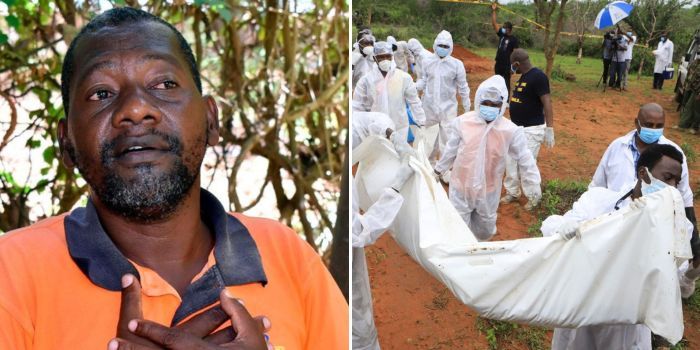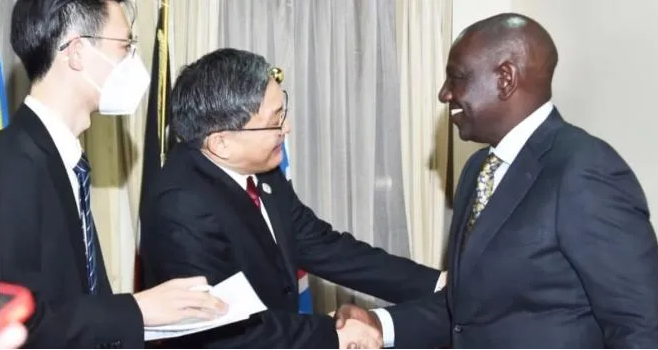Some of the victims exhumed from Shakahola woodland had missing bodily organs, according to a police officer assigned to the Directorate of Criminal Investigations Headquarters’ Financial Investigation Unit in Nairobi.
The officer highlighted that preliminary information suggested that the trade in human body organs was a well-organized scheme involving a number of players in a supporting affidavit by Chief Inspector Martin Munene.
He had a sneaking suspicion that there were yet more bodies buried elsewhere in the vast, more than 1,000-acre area.
The officer stated that it was impossible to determine how many people had died until the search and rescue operation was over.
“The process of identifying some of the bodies of the victims discovered buried in Shakahola through DNA profiling is still being done since post mortem process has not been completed,” read part of the affidavit.
The officer also accused Pastor Ezekiel Odero of New Life Prayer Centre and Church of receiving huge cash transactions believed to be proceeds of illicit cash from victims who were radicalised to sell their properties.
He suspected the 16 bank accounts associated with the pastor – noting that they were linked to Ezekiel’s multiple investments.
The news came as DCI officers were granted access to Pastor Ezekiel’s 16 bank accounts. Chief Inspector Munene sought the court to probe the accounts belonging to Pastor Ezekiel over what he termed as illegal transactions.
“It is necessary and desirable to issue the applicant with a warrant to investigate books of bank and mobile money services accounts so as to authorize the officer to have access to books relating to several account numbers,” read part of the ruling.
The court also requested the bank managers to to freeze the accounts for a period of thirty days to allow the detectives to review and obtain evidence.

The pastor was also barred from withdrawing or conducting any form of transaction until the conclusion of the investigations.
“Whereas it has been proven to this Honourable Court on oath that for the purpose of investigation into the commission of offences Money Laundering Contrary to Section 3, 4 and 7 of POCAMLA Act No. 9 of 2009, it is necessary and desirable to issue the Applicant with a warrant to investigate books of bank and mobile money services accounts,” read part of the court ruling.


